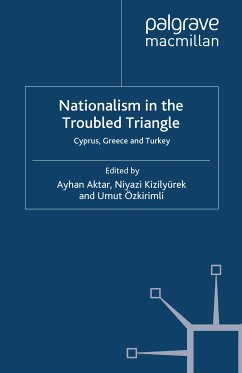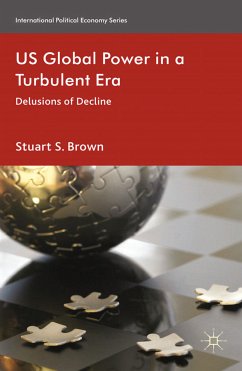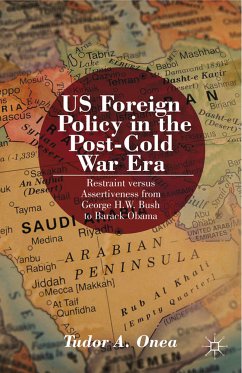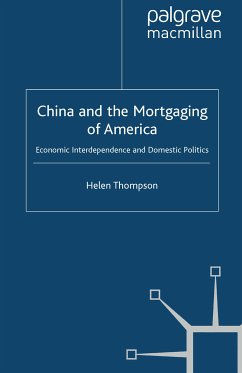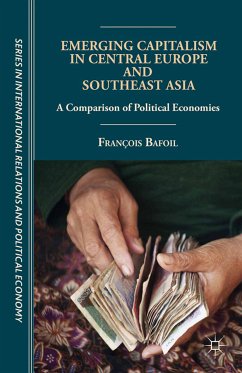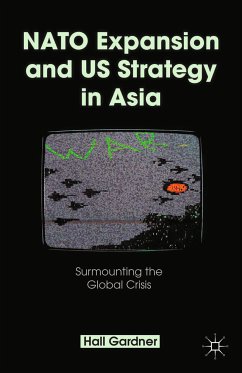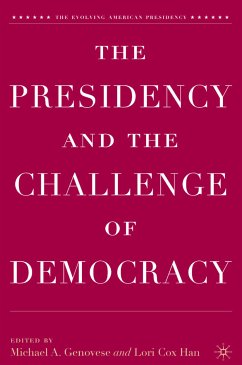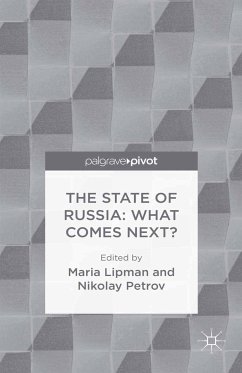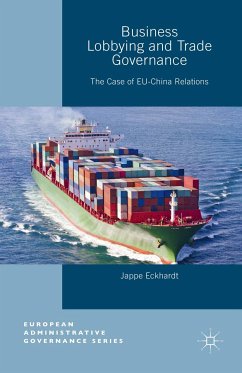"The Troubled Triangle provides a penetrating and provocative analysis of the disturbing dynamics driving the relations among United States, China, and Japan. It dissects the deeper causes of strategic distrust and competition and highlights the fragility of peace and economic interdependence in East Asia. The authors of the book offer a sobering assessment of the risks of full-blown strategic rivalry between a China seeking regional pre-eminence and a U.S.-Japan alliance intent upon maintaining the current regional order. Those who want to understand the rising tensions in East Asia must read this timely and invaluable book."
Minxin Pei, Claremont McKenna College
"In this volume are chapters by some of the top experts on
international relations in the region in each of these countries that will determine the future of Northeast Asia and the world. It will be extremely useful for academics, policymakers, and students who wish to understand this most importantregion of the world and the great powers, economic, political, and military, there. President Obama's 'Pivot' to Asia makes it imperative that all of us in the West understand what is happening in this dynamic and sometimes troubled area, and this volume will make a great contribution to that effort." - Ellis S. Krauss, Professor of Japanese Politics and Policy-making, School of International Relations and Pacific Studies, University of California, San Diego
'The Troubled Triangle is a timely and important volume. It examines the world's most important triangular relationship, and its authors analyze with insight economic and security issues across both domestic politics and foreign policy in Japan, China, and the United States.' - Michael Mastanduno, Dean of the Faculty of Arts and Sciences, Dartmouth University, USA
"The Troubled Triangle could not be more timely. The volume carefully dissects the intensifying interdependence and strategic competition in the U.S.-Japan-Chinatriangle, and subtly provokes the reader to think about pathways to a more stable and liberal regional order." - Michael J. Green, Senior Vice President, CSIS, Associate Professor, Georgetown University, USA





